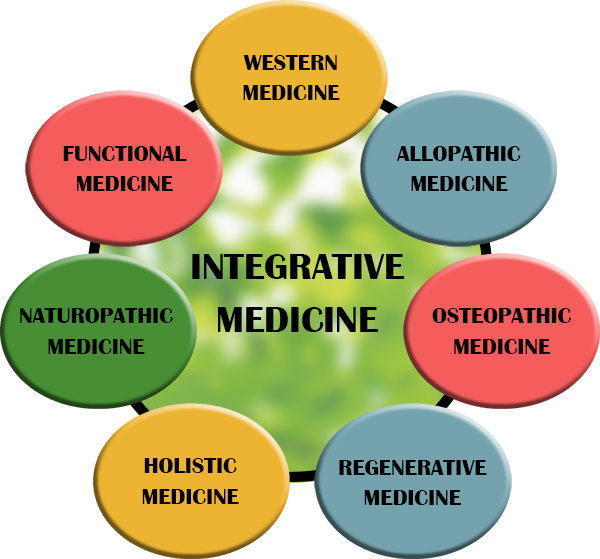
Integrative health, which combines conventional and holistic practices, is gaining popularity for its comprehensive approach to wellness. This model acknowledges the strengths of modern medicine while also incorporating alternative therapies to address the physical, emotional, and spiritual aspects of health. This article explores the principles, benefits, and practical applications of integrative health.
What is Integrative Health?
Integrative health merges conventional medical treatments with holistic therapies to promote overall well-being. Conventional medicine, or allopathic medicine, focuses on diagnosing and treating diseases using pharmaceuticals, surgeries, and other scientific methods. Holistic practices, on the other hand, consider the whole person and include alternative therapies such as acupuncture, chiropractic care, herbal medicine, and mindfulness practices.
The Principles of Integrative Health
Integrative health is guided by several core principles:
- Patient-Centered Care: Treatment plans are tailored to the individual, considering their unique needs, preferences, and lifestyle.
- Healing-Oriented: The primary goal is to promote healing and well-being rather than just treating symptoms.
- Partnership: Patients and practitioners collaborate as partners in the healing process.
- Evidence-Based: Both conventional and alternative treatments are selected based on scientific evidence and effectiveness.
Benefits of Integrative Health
- Comprehensive Care: Integrative health addresses the physical, emotional, mental, and spiritual aspects of well-being.
- Personalized Treatment: Customized care plans that consider the patient’s unique circumstances can lead to more effective outcomes.
- Improved Quality of Life: Holistic therapies often focus on improving overall quality of life, managing stress, and enhancing mental health.
- Prevention and Wellness: Emphasizes disease prevention and health maintenance through lifestyle changes and natural therapies.
Common Integrative Health Practices
- Acupuncture: This ancient Chinese practice involves inserting thin needles into specific points on the body to balance energy flow and promote healing.
- Chiropractic Care: Focuses on diagnosing and treating musculoskeletal disorders, particularly spinal misalignments, to improve overall health.
- Herbal Medicine: Utilizes plant-based remedies to treat various health conditions and support overall wellness.
- Mindfulness and Meditation: Practices that enhance mental clarity, reduce stress, and promote emotional well-being.
- Nutrition and Lifestyle Counseling: Tailored dietary and lifestyle recommendations to support health and prevent disease.
Case Studies and Success Stories
Integrative health has shown promising results in various cases:
- Chronic Pain Management: Patients with chronic pain conditions, such as fibromyalgia, have found relief through a combination of physical therapy, acupuncture, and mindfulness practices.
- Cancer Care: Integrative approaches, including nutritional support, acupuncture, and stress reduction techniques, have been used alongside conventional cancer treatments to improve patient outcomes and quality of life.
- Mental Health: Individuals suffering from anxiety and depression have benefited from integrative therapies such as meditation, yoga, and herbal supplements, in conjunction with traditional psychotherapy.
Integrative Health in Practice
To embrace integrative health, consider the following steps:
- Consult with Healthcare Providers: Discuss with your primary care physician and holistic practitioners to create a coordinated care plan.
- Research and Educate: Learn about the various integrative therapies and their benefits.
- Start Slowly: Begin with one or two integrative practices that resonate with you and gradually incorporate more into your routine.
- Monitor Progress: Keep track of your health and wellness to assess the effectiveness of your integrative health plan.
The Future of Integrative Health
The future of healthcare is increasingly moving towards an integrative model, recognizing the value of a holistic approach. Medical schools and healthcare institutions are beginning to incorporate integrative health principles into their curricula and practice. As research continues to validate the effectiveness of holistic therapies, more insurance plans are covering integrative treatments, making them accessible to a broader population.
Conclusion
Embracing integrative health offers a comprehensive approach to wellness by combining the strengths of conventional medicine with the benefits of holistic practices. This synergy not only enhances the treatment of existing conditions but also promotes overall health and well-being. By integrating these diverse therapies, individuals can achieve a more balanced and fulfilling state of health.

